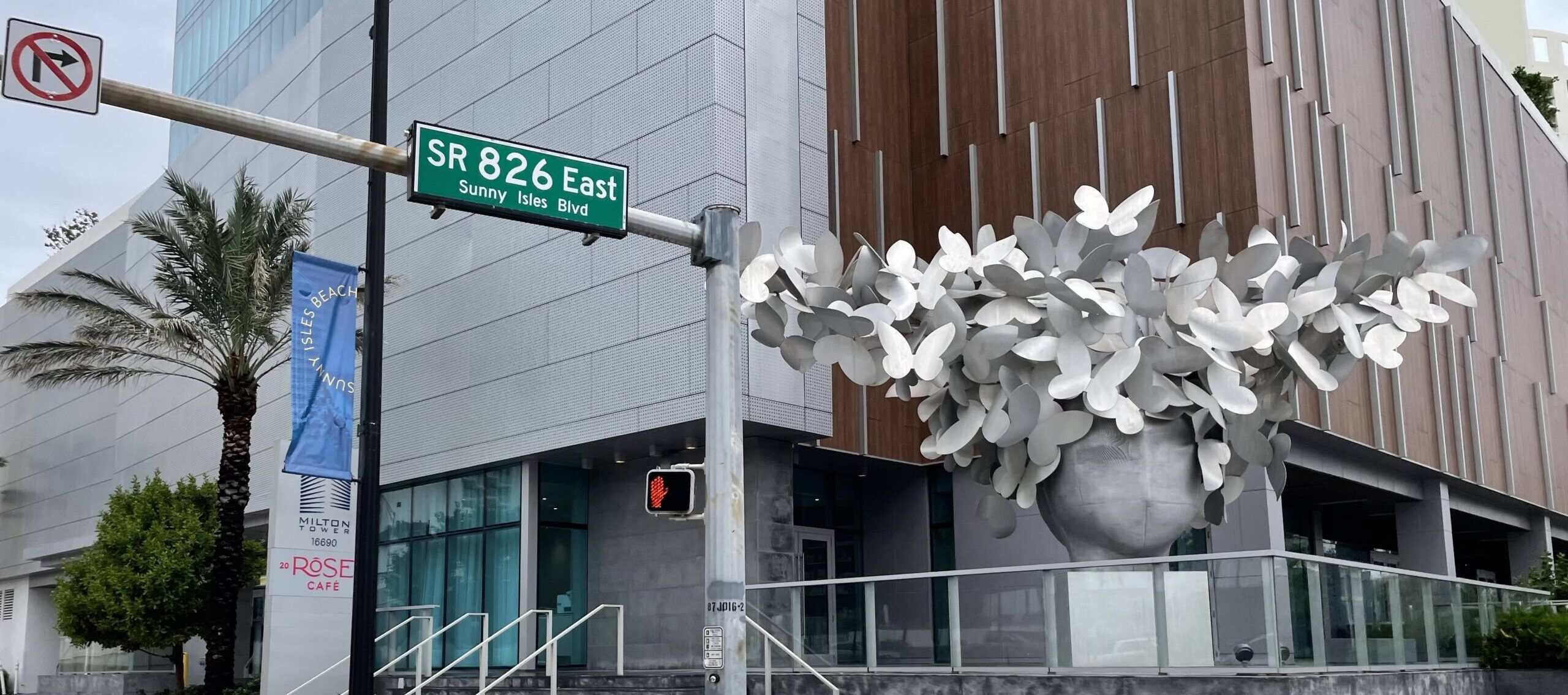Medical cannabis is increasingly being explored as a treatment option for various mental health conditions, ranging from anxiety and depression to post-traumatic stress disorder (PTSD). While the use of cannabis for mental health is still a developing area of research, several U.S. states have embraced its potential, with some reporting positive results in managing symptoms of these conditions.
Let’s take a closer look at how cannabis is prescribed for mental health, which states have seen promising outcomes, and whether THC or CBD is preferred for different conditions.
How Cannabis Can Aid in Mental Health
Cannabis interacts with the body’s endocannabinoid system, which plays a role in regulating mood, stress responses, and emotional well-being. For individuals suffering from mental health conditions, medical cannabis may provide relief by reducing anxiety, promoting relaxation, and improving overall mood.
Both CBD (cannabidiol) and THC (tetrahydrocannabinol), the two primary cannabinoids in cannabis, can play a role in managing mental health symptoms:
- CBD: Known for its non-psychoactive properties, CBD is often used to relieve anxiety, insomnia, and stress without inducing a “high.” It’s generally considered safe for long-term use and is available in most states.
- THC: While THC is psychoactive, it can be beneficial for individuals dealing with PTSD or severe depression. However, higher doses of THC can potentially worsen anxiety in some individuals, so dosage must be carefully managed, especially for those with panic disorders.
States Leading the Way in Mental Health Cannabis Use
Several states in the U.S. have developed medical cannabis programs that allow for its use in treating mental health conditions. Some of the leading states include:
1. New Mexico
New Mexico was among the first states to include PTSD as a qualifying condition for medical cannabis use. According to the New Mexico Department of Health, many patients have reported positive outcomes in managing PTSD symptoms, including reduced flashbacks, nightmares, and anxiety. A 2014 study published in the Journal of Psychoactive Drugs also found that cannabis can reduce the severity of PTSD symptoms by up to 75%.
2. Colorado
In Colorado, medical cannabis has been prescribed for anxiety disorders and depression with promising results. Although Colorado is known for its recreational cannabis market, medical patients can access strains high in CBD or balanced THC-to-CBD ratios, which have been effective for those seeking mental health relief without the full psychoactive effects of THC.
3. California
California was one of the pioneers in medical cannabis use, and today, the state offers cannabis for conditions such as depression, anxiety, and bipolar disorder. Many patients report improvements in mood and reduced anxiety when using CBD-dominant products. Studies have shown that CBD can positively influence serotonin receptors, mimicking the effects of some antidepressants without the side effects.
Short-Term vs. Long-Term Use
Cannabis can be effective for short-term relief of mental health symptoms, such as acute anxiety or stress. For long-term use, CBD is generally considered a safer option due to its lack of psychoactive effects. However, THC can be beneficial in controlled doses for more severe conditions like PTSD or severe depression, though it may not be ideal for extended use due to its potential to induce anxiety or dependence in some individuals.
Research Continues
The use of medical cannabis in mental health treatment is still evolving, but states like New Mexico, Colorado, and California are leading the way with positive results. Both CBD and THC offer benefits, with CBD being a preferred choice for long-term use due to its non-psychoactive nature. As research continues, we may see more states expanding access to medical cannabis for mental health conditions, providing new hope for patients seeking natural alternatives to pharmaceuticals.
Sources:

